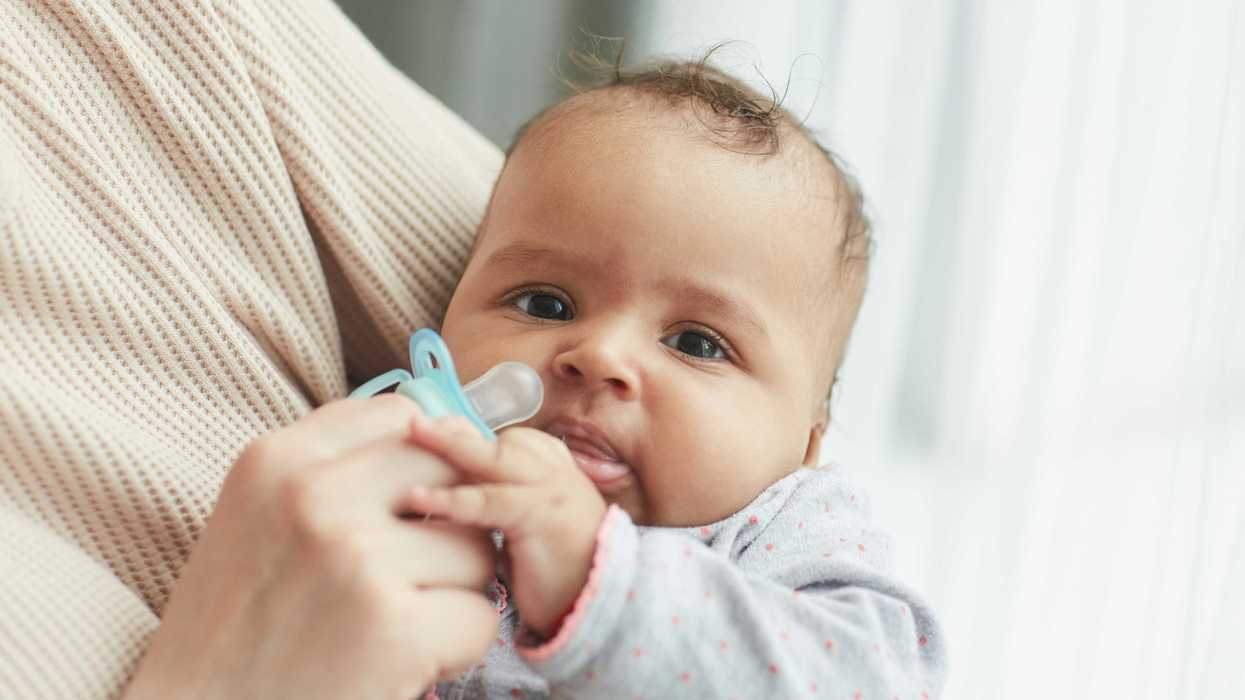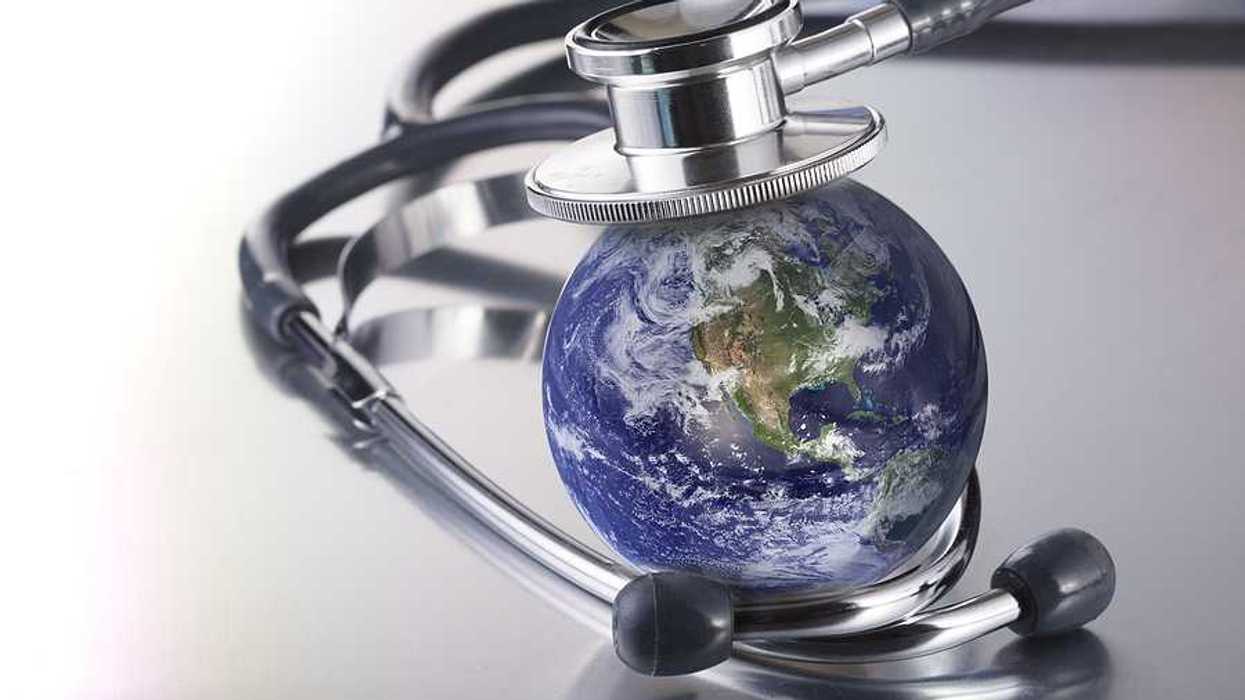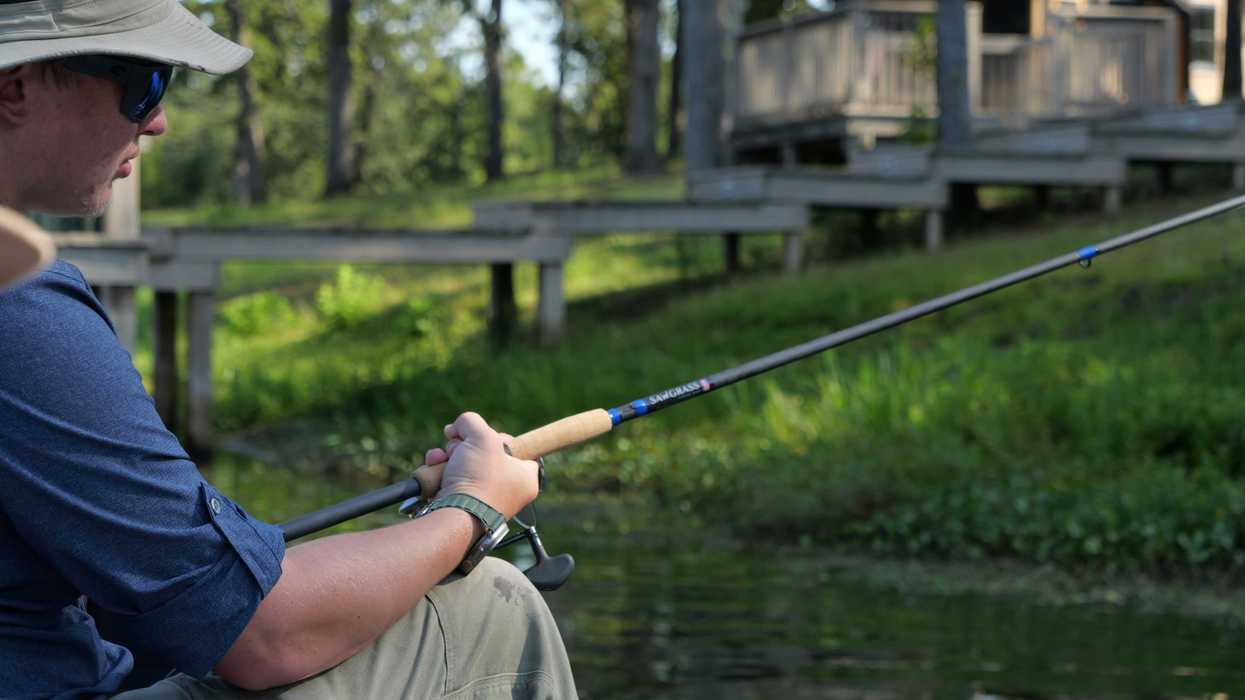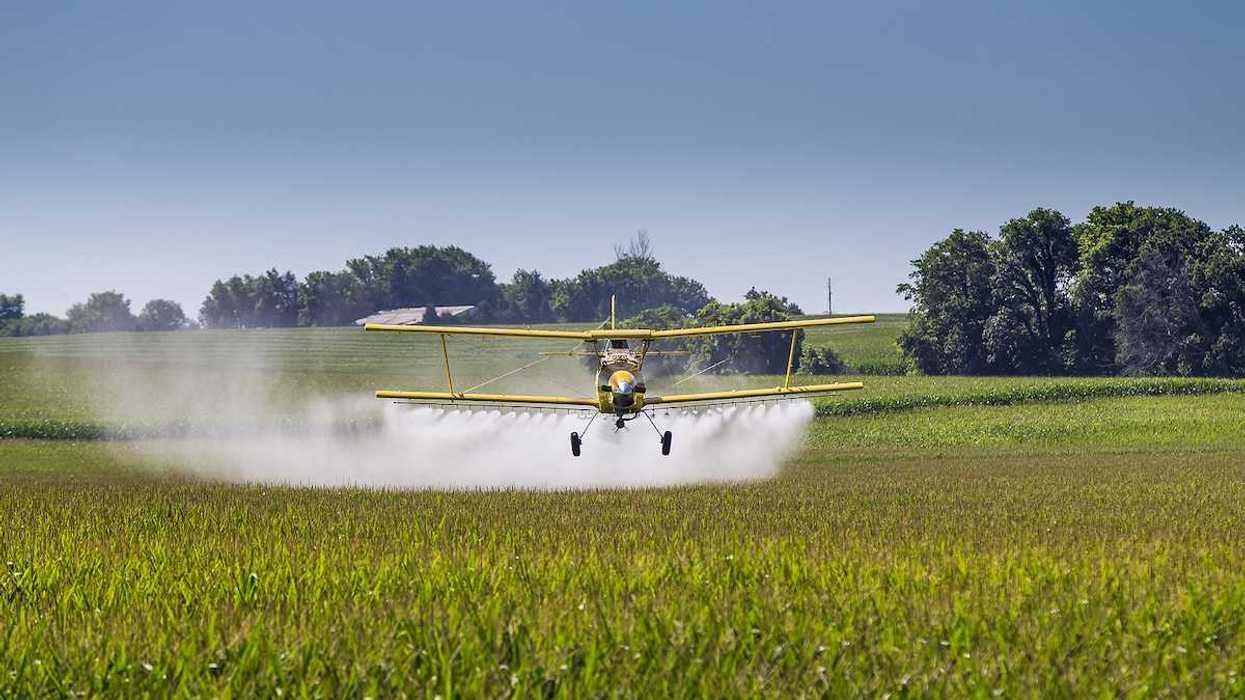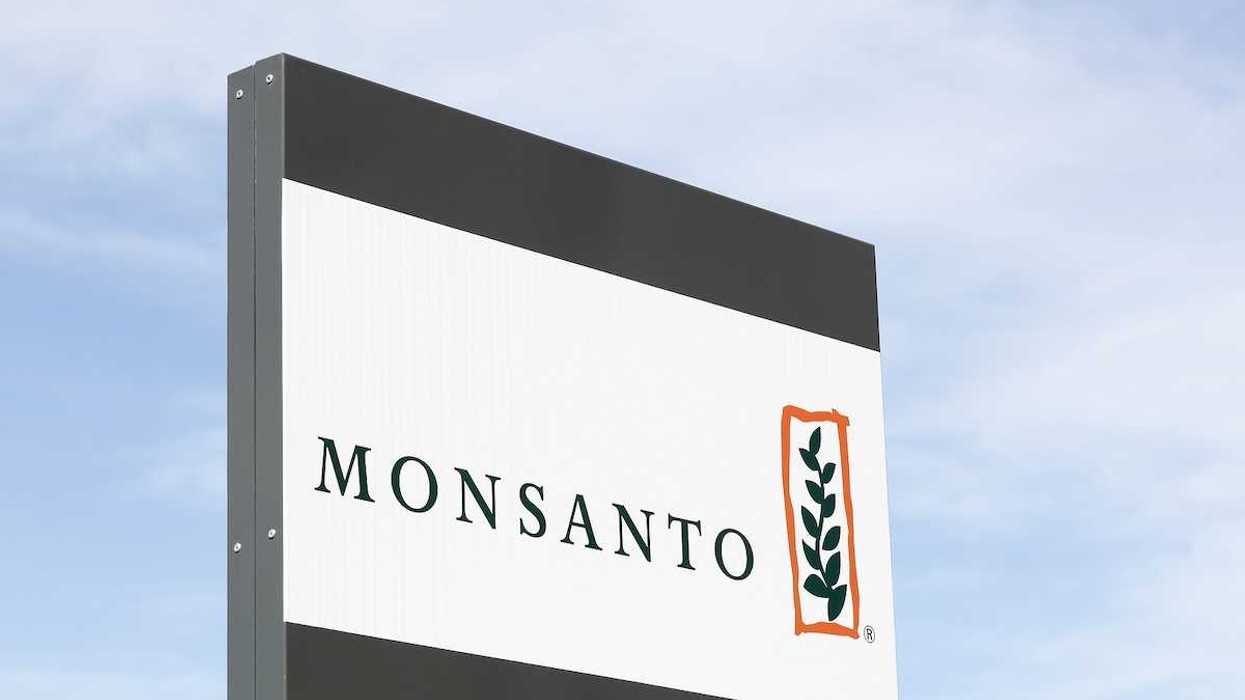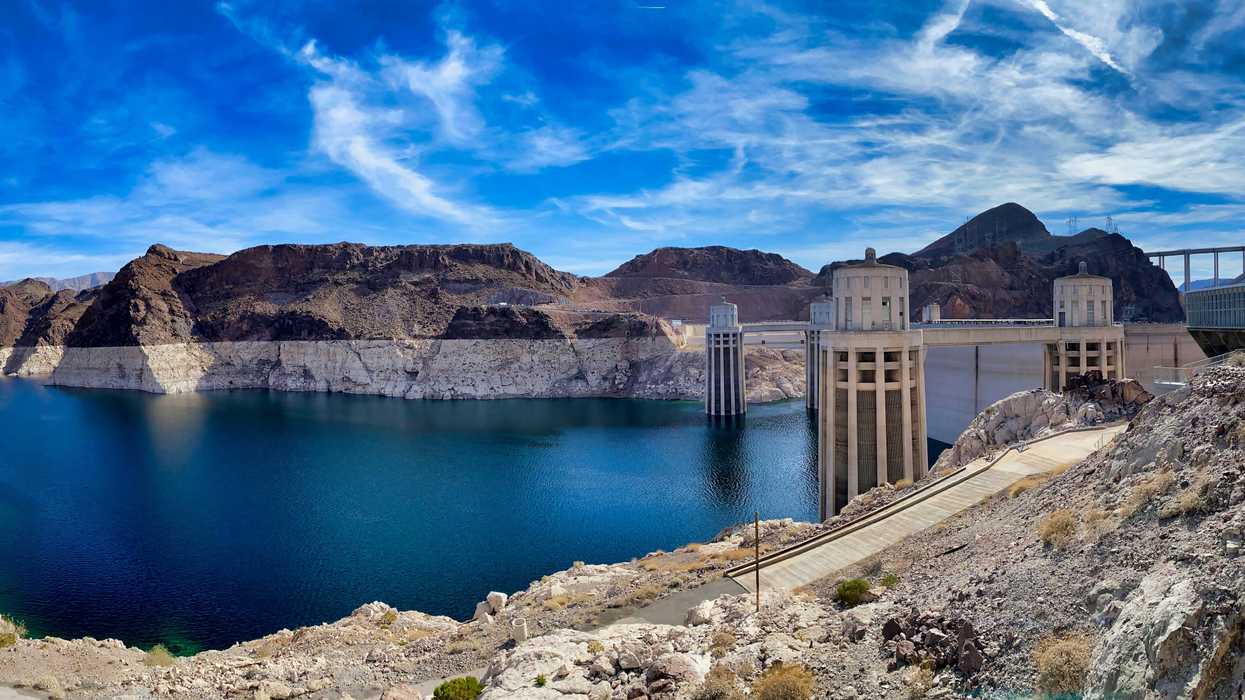Bird flu has spread globally, devastating wildlife and posing increasing risks to other animals, including humans.
India Bourke reports for the BBC.
In short:
- The HPAI virus is wreaking havoc globally, with millions of wild birds and numerous species of mammals affected, including recent findings in cows.
- The virus was first identified in 1996 and has since mutated, spreading beyond its original avian hosts to a variety of other species.
- Systematic monitoring efforts, like those in Antarctica, are crucial to understanding and managing the spread of this highly pathogenic avian influenza.
Key quote:
"If we don't study the extent of its spread now, then we can't let people know what the consequences are of having let it slip through our fingers when it began."
— Lineke Begeman, veterinary pathologist
Why this matters:
Bird flu, or avian influenza, is primarily a viral infection that affects birds but has significant implications for wildlife and potential risks to humans. The virus, known in its highly pathogenic forms like H5N1, can decimate bird populations, affecting both wild birds and domestic poultry with alarming mortality rates.
The virus's ability to occasionally jump to humans raises concerns about a potential pandemic strain developing if it mutates to spread more easily between people. While such transmission is rare, the high fatality rate of bird flu in humans makes it a significant concern for health authorities worldwide.
Related: Migratory birds are moving Lyme disease to new places and peoples.


